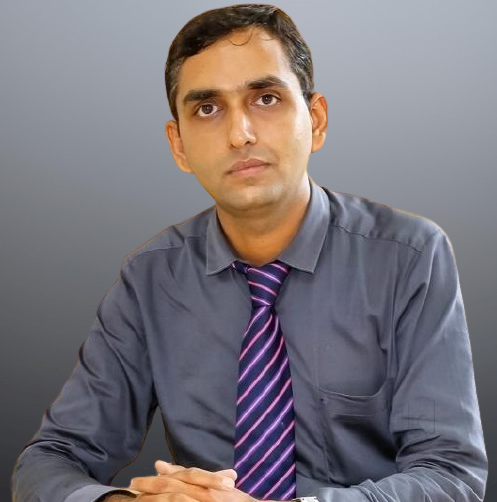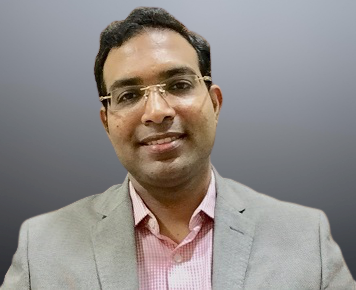Treatments Available under Neurology
Apollo Hospitals in Mumbai offers a range of treatments within the field of Neurology:
-
Stroke Intervention: Advanced interventions, such as thrombectomy and stenting, are utilised to treat acute strokes.
-
Stereotactic Radiosurgery: A non-invasive treatment technique that delivers precisely targeted radiation to treat tumours and other neurological conditions.
-
Spinal Cord Stimulation: Implanting a device that delivers electrical impulses to the spinal cord, providing relief for chronic pain
Services and Facilities Available at Apollo Hospitals in Mumbai
Apollo Hospitals in Mumbai provide a range of services and facilities for all patients, including:
-
24/7 emergency services
-
Dedicated Centres of Excellence with multiple specialities
-
Comprehensive Diagnostic Services
-
Intensive Care Units (ICUs)
-
Pharmacy
-
Wellness and Preventive Health Check-ups
-
Corporate Health Plans
-
Food and Dietary Services
Advanced Technology and Equipment at Apollo Hospitals in Mumbai
Apollo Hospitals in Mumbai provides an extensive range of advanced technology and equipment for comprehensive healthcare. This includes cutting-edge imaging facilities like MRI scanners, CT scanners, and state-of-the-art cardiac care technologies such as cardiac catheterization labs. For comprehensive neurological care guided by the best neurologist doctors in Mumbai, make a visit to Apollo Hospitals today.
Best Neurologists in Mumbai
When it comes to your neurological health, it’s crucial to seek care from a highly experienced and skilled specialist. Apollo Hospitals in Mumbai is known for its team comprising the best neurologist doctors in Mumbai who are experts in dealing with complex neurological conditions. These specialists are well-versed in the latest advancements in the field.
The neuro physicians in Mumbai at Apollo Hospitals are committed to providing personalised care to each patient. They take the time to listen to patients’ concerns and develop a tailored treatment plan. Apollo Hospitals, Mumbai, ensures that its patients receive care at the hands of the top-notch neuro doctors in Mumbai.










